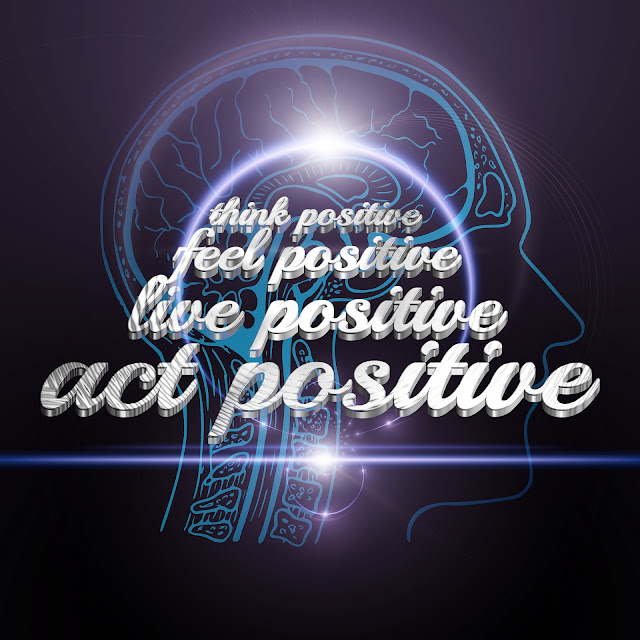Positive thinking and affirmations hold immense power in shaping our reality and transforming our lives. By embracing a positive mindset and incorporating affirmations such as "I do what I can" and "I'll do what I can," we can overcome challenges, boost our self-confidence, and manifest a more fulfilling and joyful existence.
Positive thinking, exemplified by statements like "I do what I can," forms the bedrock of a resilient and optimistic mindset. It involves consciously choosing to focus on the positive aspects of situations, even in the face of adversity. By adopting this mindset, we open ourselves to opportunities and possibilities that may have otherwise gone unnoticed. Positive thinking fuels our motivation, maintains our hopeful attitude, and empowers us to persevere through difficult times. When we embrace positive thinking and utter affirmations like "I do what I can," we attract positive outcomes, as our thoughts and beliefs shape our actions and influence the energy we radiate into the world.
"I do what I can"
This statement is in the present tense, indicating a general commitment or approach to doing one's best within the limits of one's abilities or resources. It implies that the person consistently puts forth effort and takes action to the best of their ability, given the circumstances. It acknowledges that there may be constraints or limitations that prevent them from doing more.
Affirmations play a significant role in fostering positive thinking, as demonstrated by statements like "I'll do what I can." Affirmations are powerful statements that reinforce positive beliefs about ourselves and our abilities. They act as a bridge between our conscious and subconscious minds, enabling us to reprogram negative or limiting beliefs that hinder our progress. By consistently repeating affirmations like "I'll do what I can," we reshape our thoughts and self-perception, bolster our self-esteem, and cultivate a mindset primed for success. Affirmations help us focus on our strengths, talents, and potential, fostering a deep sense of self-belief. By embracing affirmations like "I'll do what I can," we conquer self-doubt and empower ourselves to take action in pursuit of our goals.
The impact of positive thinking and affirmations extends beyond our mental state; it profoundly influences our physical and emotional well-being. Numerous studies have demonstrated that a positive mindset can reduce stress, strengthen the immune system, and improve overall health. Positive affirmations, such as "I'll do what I can," aid in managing anxiety and negative emotions, replacing them with feelings of calmness, happiness, and self-assurance. By consistently practicing positive thinking and repeating affirmations aligned with our goals and aspirations, we create a virtuous cycle where our thoughts shape our emotions, which in turn influence our actions and experiences.
Finally, positive thinking and affirmations, as exemplified by statements like "I do what I can" and "I'll do what I can," possess transformative power. By consciously cultivating positive thoughts and incorporating affirmations into our daily lives, we empower ourselves to overcome obstacles, enhance our well-being, and manifest our dreams.
Let us embrace the inherent strength of positive thinking and affirmations to create a brighter and more fulfilling future!
Resources
"The Power of Positive Thinking" by Norman Vincent Peale: This classic book explores the principles and techniques of positive thinking and provides practical advice for developing a positive mindset.
"You Can Heal Your Life" by Louise Hay: In this influential book, Louise Hay discusses the power of affirmations and how they can be used to transform our lives and improve our well-being.
"The Miracle Morning" by Hal Elrod: While not solely focused on affirmations, this book emphasizes the importance of starting your day with a positive mindset and provides a framework for a morning routine that incorporates affirmations, visualization, and other empowering practices.
"The Secret" by Rhonda Byrne: This best-selling book introduces the concept of the law of attraction and emphasizes the role of positive thinking and affirmations in attracting positive outcomes.
Websites and Blogs: Websites like Tiny Buddha (www.tinybuddha.com) and Positive Psychology (www.positivepsychology.com) offer a wealth of articles, resources, and practical tips on positive thinking, affirmations, and personal development.
Mobile Apps: There are several mobile apps available that focus on positive affirmations and daily positive thinking practices, such as "ThinkUp: Positive Affirmations" and "Affirmations: Power of the Mind."
Online Courses: Platforms like Udemy (www.udemy.com) and Coursera (www.coursera.org) offer online courses on positive psychology, mindfulness, and personal development, which often cover topics related to positive thinking and affirmations.
Remember that while these resources can provide valuable insights, real transformation comes from consistent practice and personal application. Tailor the techniques and affirmations to your specific needs and beliefs, and adapt them as you progress on your journey of positive thinking and self-empowerment.

Comments
Post a Comment